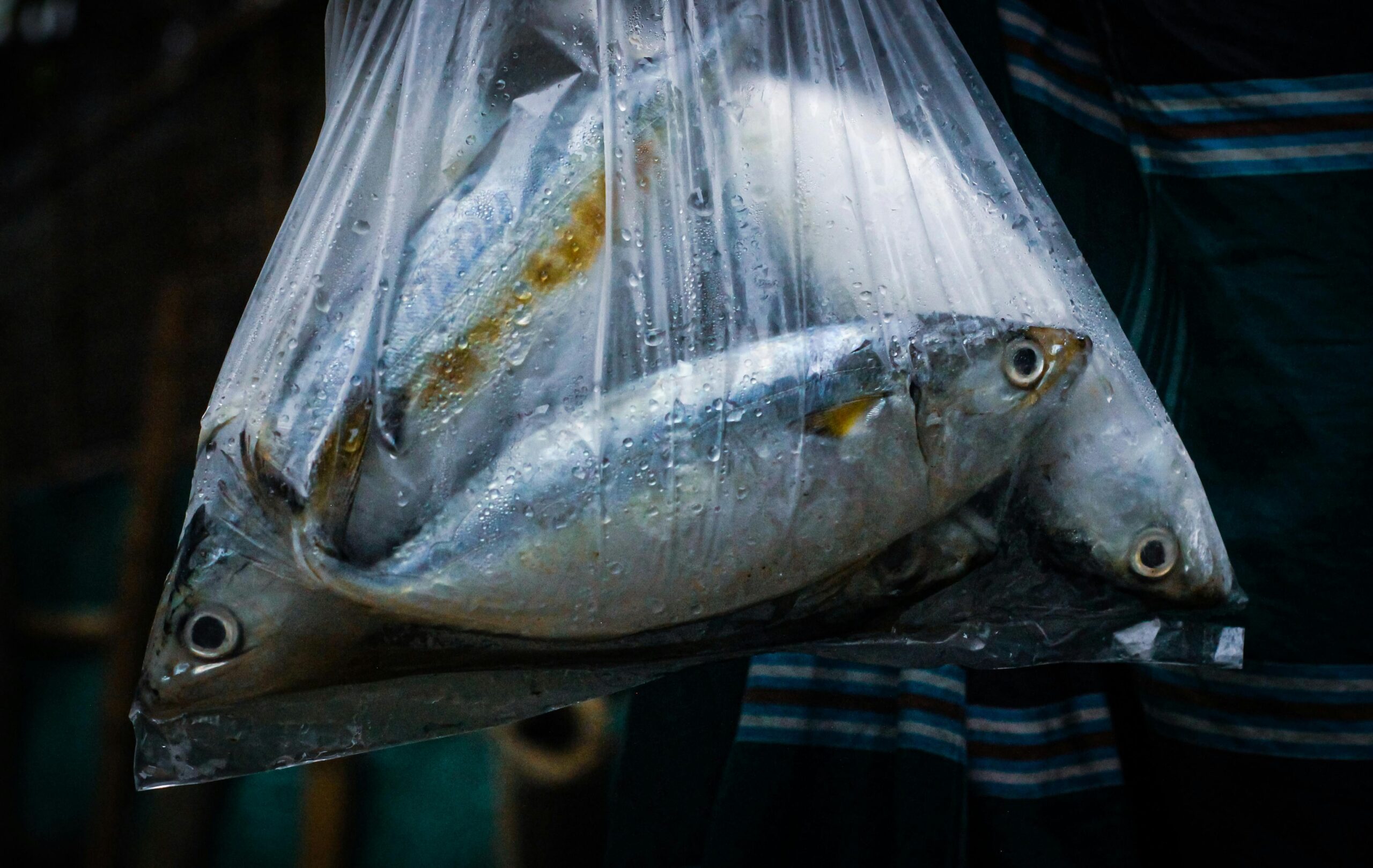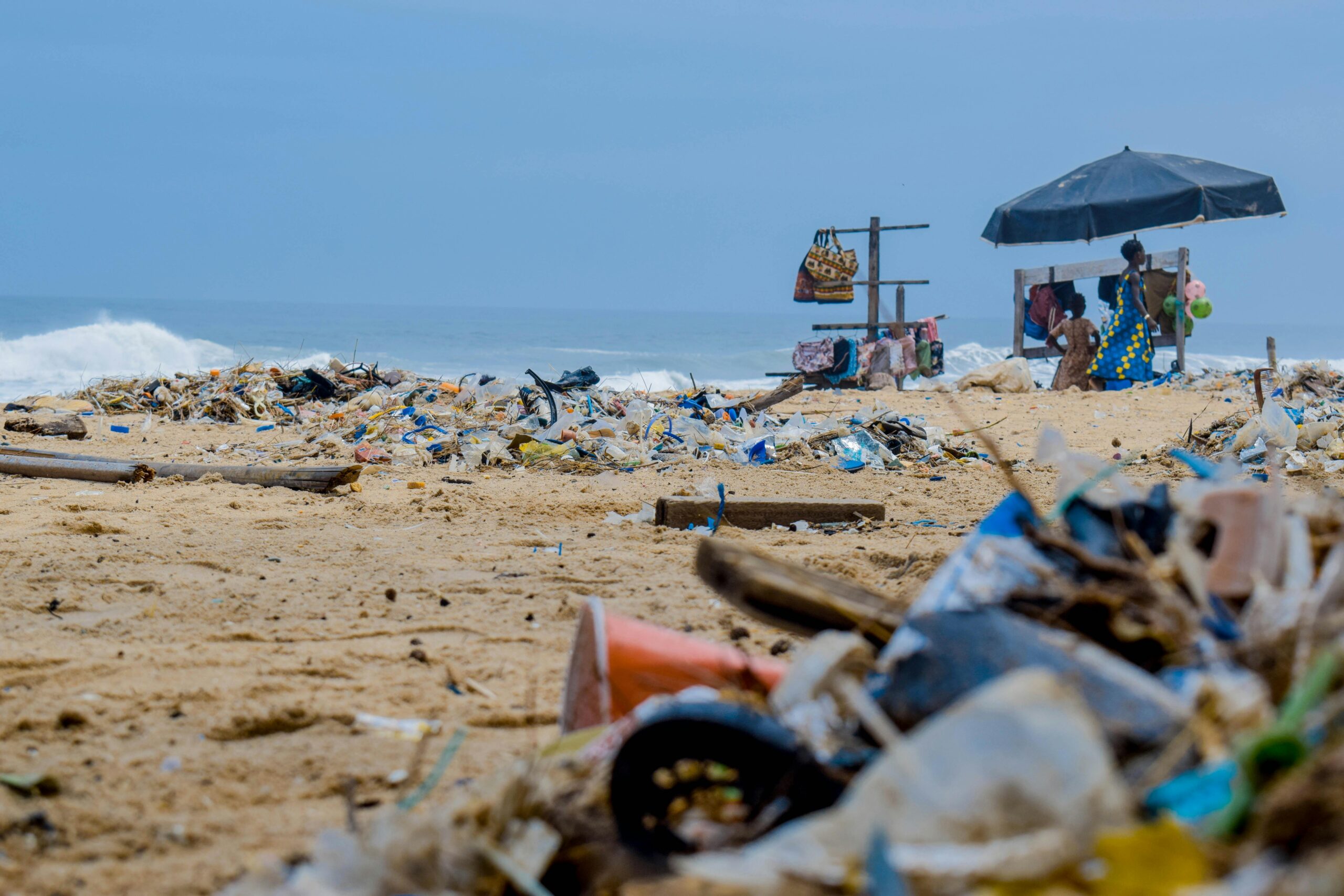After a short summer break we’re back. Two newspaper articles caught my attention these last couple of week. One in part because of the outpour of outrage on social media. The other because I had the read the title a couple of times as I could not believe what I was reading: “Fishing sector angry about supermarkets rejecting mackerel due to overfishing: ‘The critical level has not yet been reached”.
And one about the umptieth plastic conference collapsing into disagreement, notwithstanding the overwhelming scientific evidence that change is urgently needed. One hundred and eighty four countries gathered in Geneva, supposedly to protect humanity from drowning in its own waste. Yet again, no binding agreement. Why? Because nations defended their economic interests, clinging to short-term security instead of daring to imagine a future of shared wellbeing.
Meanwhile, the North-East Atlantic mackerel has been red-listed by the Marine Conservation Society. This species was once a symbol of abundance, something I experienced when I was in my early teens on vacation in Kingswear, UK – a small villlage opposite Dartmouth. We ventured out on the sea with a little fishing boat, the Rosalia. We caught mackerel by hand and with a fishing line, and there were so many of them that we ate the fish for breakfast, lunch, tea and dinner for days.
But after years of taking more than science advised, the stock is left under considerable pressure. Supermarkets are being urged not to sell it. Fishermen, who depend on these waters for their livelihoods, feel angry and abandoned. I see an interesting parallel with the reaction of Dutch farmers, when confronted with the problem of excessive deposition of reactive nitrogen, primarily from agriculture, but also industry, traffic, and sewage, which harms sensitive ecosystems like forests and heathlands on nutrient-poor soils.
And just this past week, the UN officially declared famine in Gaza City, with more than half a million people already facing catastrophic hunger. Aid is being blocked, despite the abundance of food in the wider world. Once again, decisions made from fear and control: my security before your survival, pushing life itself to the edge.
Different arenas, same dynamic.
When fear of loss or desire for gain dictates our choices, the living systems we all depend on are pushed to the brink.

What this tells us about leadership
These stories reveal not villains, but the consequences of a leadership model built on separation: “my nation against yours,” “my livelihood over the ocean’s health,” “my profit before tomorrow’s breath.”
But leadership is not about securing advantage for some at the expense of others – a concept lost on many of our leaders. Leadership worthy of the word is about remembering our interconnectedness, and acting from that truth.
The wisdom we refuse to learn
Every spiritual tradition and every ecological truth converge here: when we take more than we need, we harm the very fabric of life that sustains us all.
Our challenge is not to defeat “the few,” but to awaken from the illusion that our fates are separate. The oil executive, the fisherman, the policymaker, the supermarket customer — all are part of the same fabric of life. All drink the same water, breathe the same air, and are in integral part of the same (life on) Earth.
Future-proof leadership looks different
From a HeartWork perspective, leadership anchored in universal wisdom requires a radical shift:
- From interests to responsibility. We are not owners, but caretakers.
- From thresholds to reverence. Life is already sacred; we need not wait for collapse to act.
- From fear to unconditional love. True leadership arises when decisions are made not in defense of what is “ours,” but in service of what sustains us all.
An invitation
The collapse of the plastics summit, the decline of mackerel and the tragedy of famine are not failures to be blamed on others. They are invitations — mirrors showing us what happens when leadership forgets our shared essence.
The real question is: will we keep acting from fear and division, or will we step into a leadership rooted in love, wholeness, and care for all life?

What we can still do
It is tempting to despair when global summits falter and ecosystems falter. But leadership is not only the task of presidents and CEOs. It begins with us. As citizens, we can reduce plastic use and demand integrity from the companies we support.
As communities, we can shape economies that respect ecological limits while protecting livelihoods. And as human beings, we can choose every day to act as guardians of life — with love, not fear, as our compass.
When we live (and lead) from this place, division dissolves. The power of a few to block change diminishes. And the many rediscover themselves not as victims, but as co-creators of a future where all life can flourish.
These leadership principles were also center stage during my recent session with 25 Financials at the Sijthoff 2025 Summerschool with the paradoxical theme “Scarcity in Abundance”.
Together we explored what it means to move from control to true direction — from numbers and fear-driven management toward moral agency and responsibility for life itself.
Because leadership is never only “out there.” It begins here, with us. Each of us holds the choice, every day, to act not as victims of circumstance, but as agents of care for the whole. That is the agency we are called to reclaim — in our companies, our communities, and our lives.
Would that not be a wonderful resolution to live by as we pick up life again after the summer holidays?
Please let us know what you think, we would love to hear from you via sendlove at heartwork dot earth.

